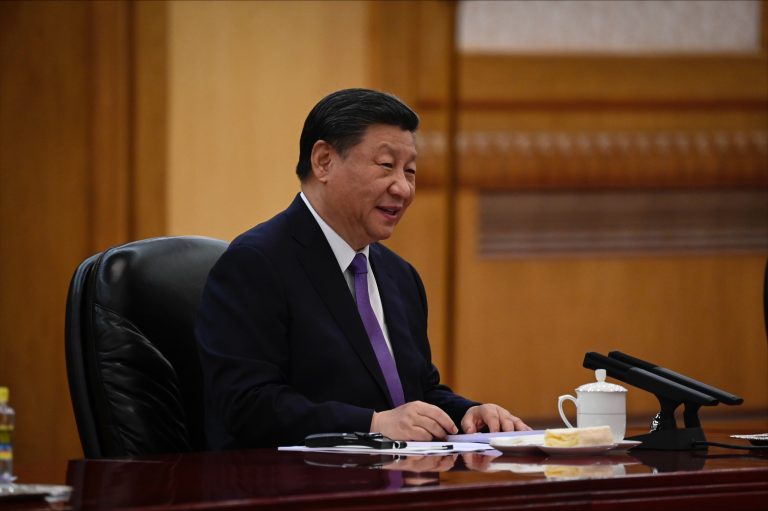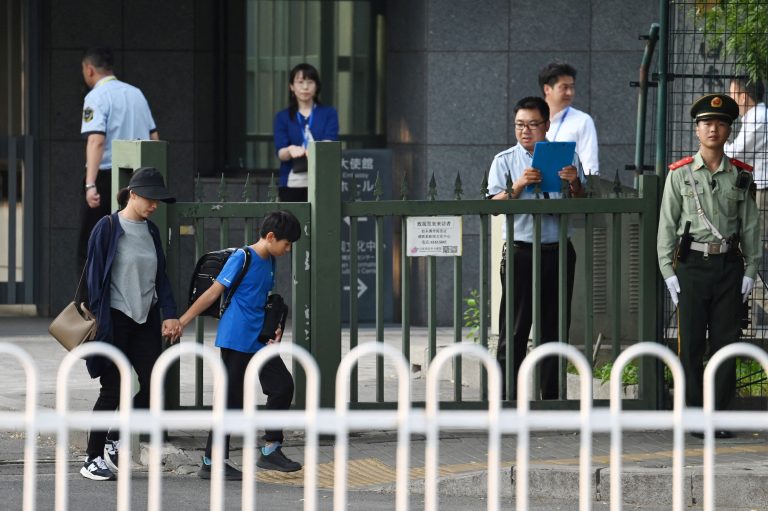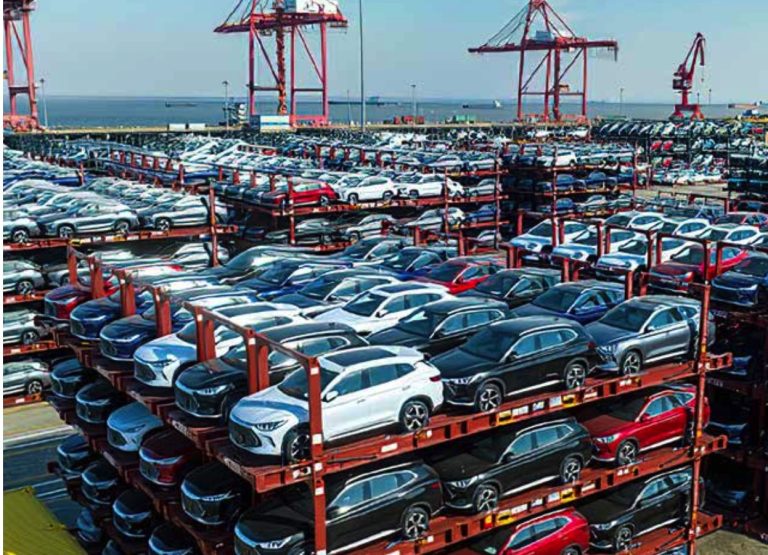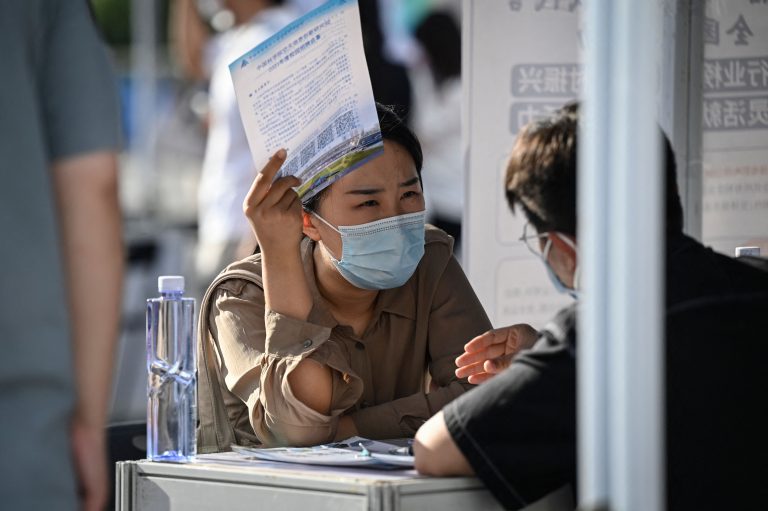Xi Jinping and other high-ranking officials from the Chinese Communist Party (CCP) are gathering this week for the highly-anticipated Third Plenary Session, or Third Plenum. The meeting, which occurs every five years, sets the stage for China’s economic direction and policy reforms. The stakes are higher than ever as the world’s second-largest economy grapples with numerous fiscal and economic challenges.
China is currently facing a series of economic hurdles, including a property sector crisis, high local government debt, weak consumer demand, and diminishing investor confidence.
In addition, trade and technology tensions with the U.S. and Europe are intensifying. The urgency of these issues was highlighted by the latest economic growth data, which showed that China’s GDP expanded by 4.7 percent in the second quarter compared to the previous year. This figure represents a slowdown from the 5.3 percent growth reported for the first quarter and fell short of economists’ expectations of a 5.1 percent expansion.
The Third Plenum, which is a gathering of the CCP Central Committee with Xi at the helm, has historically been a platform for announcing major economic reforms. The 1978 meeting, for example, marked the beginning of China’s “reform and opening” era, while the 2013 plenum under current leader Xi Jinping initiated the dismantling of the one-child policy.
The plenum is also taking place against a backdrop of political upheaval. There have been notable shake-ups in the upper echelons of the Xi leadership, with three ministers and several top military officers being removed from their posts or investigated. This instability is believed to have contributed to the delay of the plenum, which was expected to occur last fall.
Success
You are now signed up for our newsletter
Success
Check your email to complete sign up
MORE ON THIS: Top Chinese Generals Expelled From Communist Party in Sign of Greater Purges
Observers will be closely monitoring the formal ousting of top CCP officials who have been caught up in disciplinary investigations. Among them is Li Shangfu, the former defense minister who was expelled from the Communist Party following a corruption probe. Similar movements are expected around other ousted officials, including former Foreign Minister Qin Gang, and other high-ranking military officers.
The upcoming meeting will be pivotal in charting a new course for the country’s faltering economy, experts note. According to the Asia Society Policy Institute, while rapid economic growth is “no longer Beijing’s singular priority,” Xi recognizes that national security and tech self-reliance “must co-exist with a baseline level of growth that sustains consumption, investment, social stability, and his own political security.”
Potential reforms
The high debt levels of local governments and the ongoing property sector crisis are at the heart of China’s economic woes. Many Chinese developers have defaulted on their debts, causing widespread financial distress among investors, homebuyers, and construction workers.
Observers will be looking for signs of new directions in real estate development and property sector policies during the plenum. And it’s important that the signs are unambiguous in nature, notes China’s former World Bank country director Bert Hofman. “There’s a lot of unclarity of policy direction in China,” said Hofman, who now works as a professor at the National University of Singapore. “This is a point in time where China needs to show its cards.”
RELATED:
- Moody’s Lowers Outlook on China’s Credit Rating, Citing Increased Debt Risks
- Economic Woes Drive Chinese Investors to Foreign Markets Amid Mass Exodus
Fiscal reforms — particularly around taxation and government spending — are also anticipated. While these could help reduce the pressure on local governments and bolster their revenue, they also carry the risk of short-term disruptions. In addition, there is a call for measures to boost consumer spending and increase household income.
Potential reforms in this area might include changes to rural land ownership, adjustments to the household registration system, and expansions of social safety nets.
But this time, observers do not anticipate sweeping change. Instead, they expect more targeted efforts to address structural economic issues and enhance China’s technological self-reliance. “There may be a bit of a shift,” said Alexander Davey, an analyst at the Mercator Institute for China Studies in Germany. “Does the central government issue more debt to [the] local government so they can run their services?”
Emphasis on domestic production
One of the key focuses of this plenum is expected to revolve around technological advancements and self-reliance. As the U.S. and its allies impose restrictions on China’s access to high-end technologies, Beijing is pushing to build itself into a “science and technology power.” This ambition includes innovation and industrial development, especially in high-end green technologies such as electric vehicles, solar panels, and batteries.
RELATED: EU Follows US Lead by Slapping Tariffs on Chinese EVs, Sparking Retaliation Threats
However, this focus on technology could exacerbate tensions with the West. Recently, the European Union (EU) and the U.S. imposed hefty tariffs on Chinese electric vehicles for what they describe as unfair product dumping. Any moves during the plenum to bolster the production of high-end green technologies might further inflame these issues.







